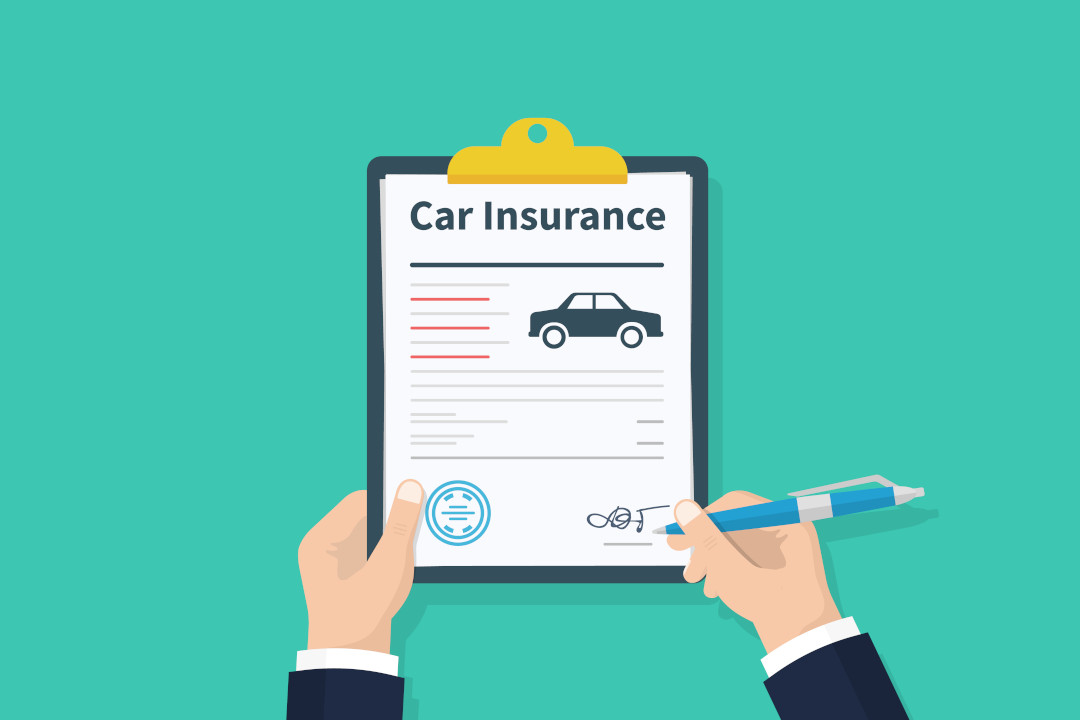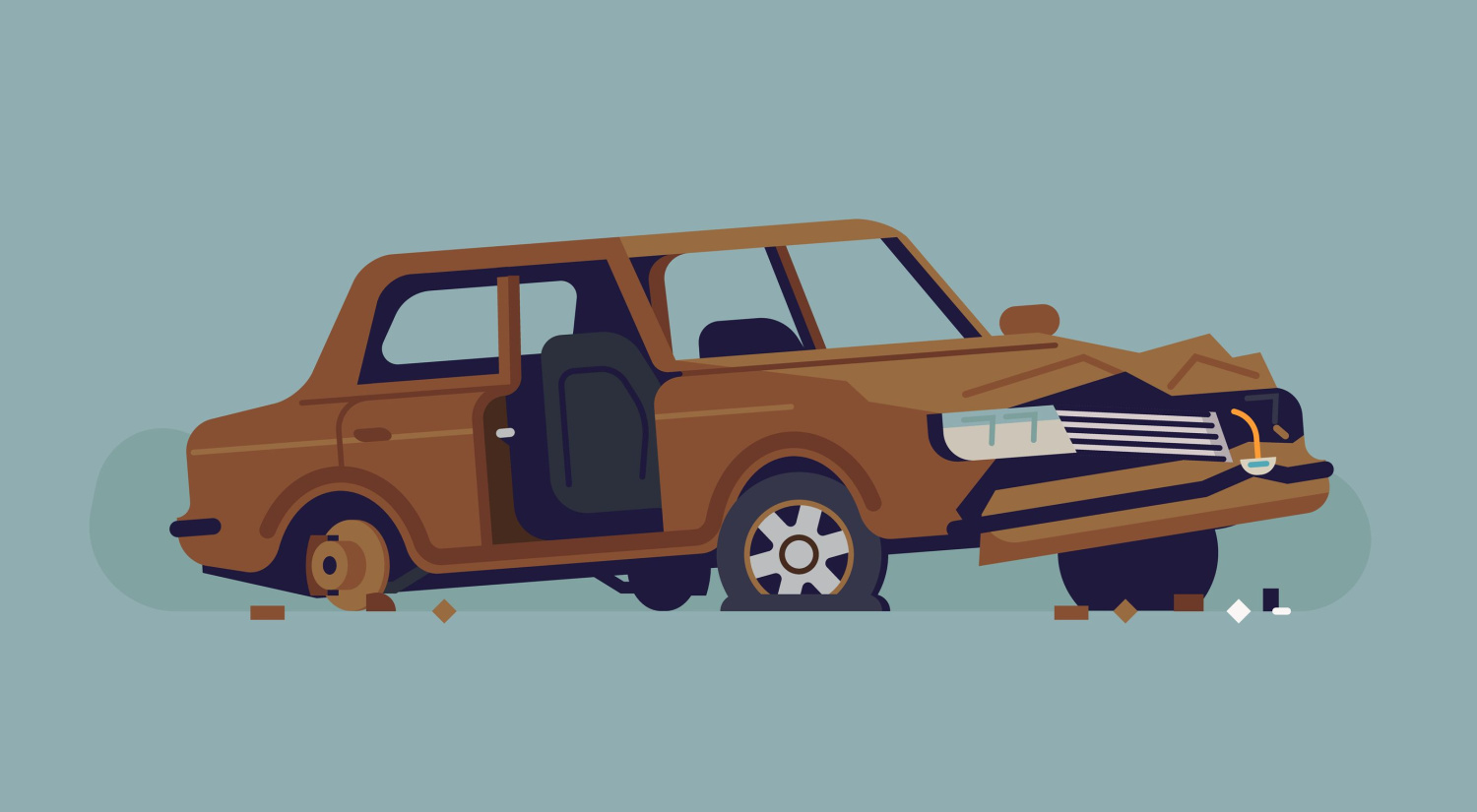
How Does Car Insurance Work When You Are Not At Fault?
We last looked at what to do following a New Jersey auto accident while still at the scene of the accident, but how does car insurance work when you are not at fault? Do you call your own insurance or that of the other driver’s? Will my premiums rise even if I am not at fault? What if the other driver who was at fault does not have insurance? This post aims to answer all of the commonly asked insurance questions that arise following a car accident where you were not at fault.
Should I call my insurance if it wasn’t my fault?

Your insurance policy is a legally binding contract between you and your insurance company. Most, if not all, of these policies include what is known as a “Notice of Occurrence” or “Cooperation” clause. These clauses mandate that you promptly notify your insurance company when you are involved in an accident, whether you were at fault or not.
Further, failure to notify your insurance company may result in your insurance company disclaiming coverage, potentially leaving you to pick up the tab. A “Cooperation” clause typically prescribes something along the lines of the following:
We must be notified promptly of the details of an accident, including the when and where the accident or loss occurred. Notice should additionally include the names and addresses of any injured persons and any witnesses. If failure to comply with the same results in prejudice to us, we shall have no duty to provide coverage under this policy.
Short answer: yes, you must call your insurance company, even if you were not at fault. Failure to do so may result in a rescission of coverage.
Do I have to notify my insurance company if no one was injured?
In the event that no one was injured in the accident, and you plan only to pursue your property damage claim with the at-fault driver’s insurance, you may be tempted not to report the accident to your insurance company. Similarly, you may also be tempted not to report the accident to your own insurance company because you plan to work the property damage out amongst each other, or you’re worried that your insurance company will raise your rates, fail to renew your policy, or even cancel your policy. However, as set forth more fully below, failure to report an injury-free accident can be a serious mistake.
First, although you may believe no one was injured, pain and other symptoms may not present themselves for a few hours or even days. You may be in shock or numb to the pain due to the pumping of adrenaline.
Next, the other driver may not have property damage or personal liability coverage. We have seen this occur on countless occasions where the other driver presents an insurance card as proof of insurance, only to later find out from the at-fault driver’s insurance company that the policy was canceled due to non-payment or for a litany of other reasons.
Lastly, fraud, along with a host of other scenarios, may occur. The other driver(s)/passenger(s) may be at the scene say they were not injured or that it was their fault, but later may try to flip the script and “cash-in” on the accident by filing a fraudulent claim.
Short answer: yes, you should call your car insurance company to report the accident, even if no one was injured. Injuries may present themselves at a later time; the other driver may not have valid insurance, even if they present you with an insurance card; and the other driver(s)/passenger(s) may attempt to “cash in” on the accident by filing a fraudulent claim against you.
Will my insurance premiums rise even if I was not at fault?

Personal injury attorneys get asked this question a lot, and like most things in the law, it depends. In most cases, your insurance premiums will not go up if you are not responsible for causing the accident. However, a decision to raise your premiums is dependent upon a number of factors, and each insurance company has its own proprietary rating system. Your insurance company will review your history of prior accidents, the severity of any injuries, issuance of traffic tickets, property damage claims, and many other aspects of your history.
Short answer: in most cases, no, but it depends on several factors.
What if the at-fault driver does not have insurance?

In New Jersey, approximately 15 percent of motorists are underinsured or do not have insurance at all. However, under New Jersey law, motorists are legally required to purchase uninsured (“UM” insurance) and underinsured (“UIM” insurance) motorist coverage. Further, like Personal Injury Protection insurance, described below, New Jersey law prescribes mandatory minimums for this coverage in the amounts of:
- $15,000 for single person injuries;
- $30,000 for injuries of all persons involved; and
- $5,000 for property damage.
You may additionally purchase higher limits, but these limits cannot exceed your policy’s liability coverage.
Therefore, if the other driver does not have insurance, you can look to your policy to pay for:
- Past and future medical treatment;
- Property damage to your vehicle or any personal items damaged in the accident;
- Lost wages due to missed time from work during your recovery;
- Pain and suffering; and/or
- Wrongful death damages if the accident resulted in a fatality.
Short answer: New Jersey law requires that you maintain underinsured and uninsured motorist benefits. Therefore, when the other driver does not have insurance, you will look to your own insurance company to pay in most circumstances.
Who pays for my medical bills if I was not at fault?

New Jersey is what is known as a no-fault car insurance state. This means that under New Jersey law, individuals injured in a car accident typically look to their policy to pay for their medical bills, regardless of fault. This insurance is known as Personal Injury Protection (often referred to as “PIP” coverage).
New Jersey law requires owners of a registered New Jersey automobiles to carry PIP insurance. Failure to maintain PIP insurance can result in your claim for injuries being wholly barred. New Jersey law further prescribes a mandatory minimum of $15,000 in PIP insurance, but in certain circumstances may allow for lower coverage. Depending on the injuries involved, the $15,000 in coverage may not last long. Consequently, it is often prudent to obtain full PIP coverage ($250,000) prior to the involvement in a car accident.
While you typically will look to your insurance policy, this is a much more complex area, with numerous situations dictating who is ultimately responsible for paying your medical bills. To learn more, please see our post on PIP benefits.
Short answer: New Jersey is a no-fault state, and in most situations, your car insurance is responsible for paying your medical bills through Personal Injury Protection (“PIP” coverage).
Conclusion
If you have been injured in a New Jersey car accident that was not your fault, and you wish to discuss your legal options, Farrell & Thurman, P.C., offers a variety of convenient ways to schedule a free, no-pressure consultation. You may do so directly on our website (Schedule A Consult), via phone (609-924-1115), or by email (Contact Us).
